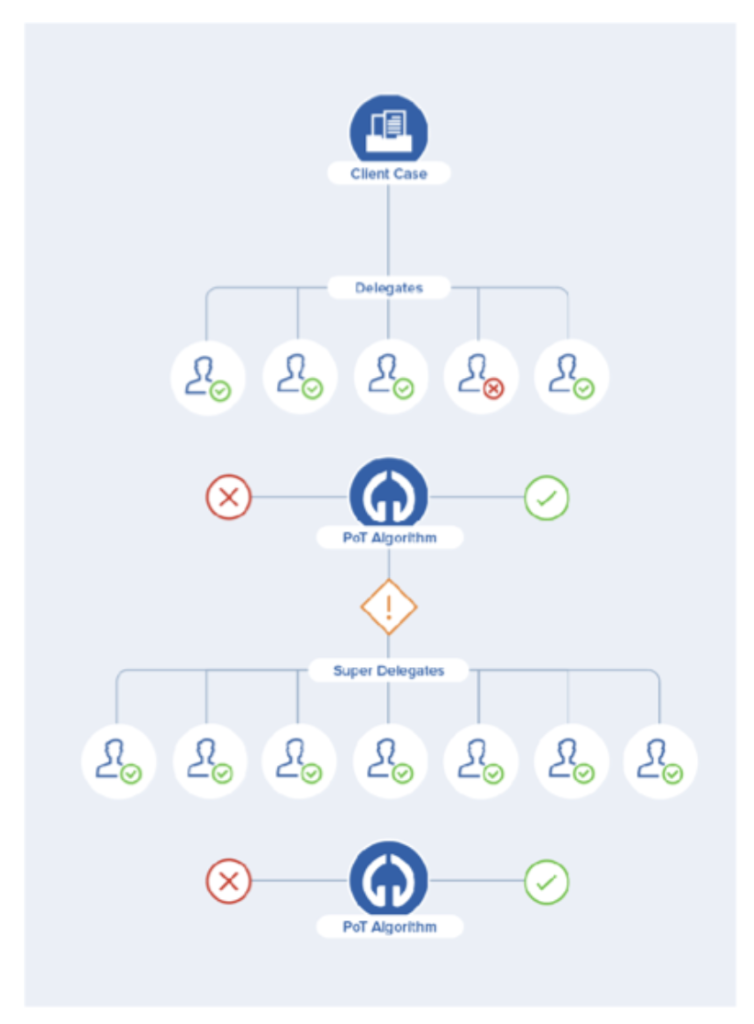
A legal issue
With everything that is going on at the moment, you’d be forgiven for paying little attention to the things that don’t affect you directly. Never during peace time has there been a greater impact on every single section of society than during the coronavirus pandemic. One problem that has perhaps gone under the radar slightly, is how can an effective legal system operate remotely? Legal firms, the police and politicians have been trying to address this difficulty, but the solution is far from obvious. It is all but impossible, in certain circumstances, for the police (and other emergency services) to follow social distancing guidelines. To be blunt, in cases of emergency, social distancing goes out the window. That is unavoidable. It is the processes that do not class as emergencies, but are vitally important to society that are the challenge. How can a fair trial take place while people are prevented from gathering in close proximity? Is it possible for the police and forensic scientists to investigate a crime scene? Do we need to prioritise crime and will some crime go unaddressed? These are very challenging questions that raise significant moral issues.

Is court the best way?
For most court cases to take place, a substantial amount of people must be present in one room, including a judge, jury, lawyers, defendant, witnesses, police and so on. It’s easy to understand that in most cases these individuals couldn’t possibly adhere to social distancing rules and go on to conduct the trial. New video software is being trialled to facilitate magistrate court proceedings, but the crown court or any trial by jury has been suspended since the 23rd of March. In May, even some crown courts are beginning to experiment with the use of technology to facilitate proceedings1, as social distancing measures show no signs of being universally removed. Depending on how long the world remains under partial lockdown, we may yet see a dramatic shift in how all court proceedings occur. Perhaps of more immediate concern, where there are significant opportunities to alleviate some of the backlog of cases, is in litigation and contract law. With almost all litigation processes that require face to face meetings being adjourned, the business world needs a method to ensure that cases are dealt with — court is unlikely to be the best option.

Is there an alternative?
For a while, many high profile legal practitioners and experts have been citing ways to reduce the number of cases that appear in court. For many, the thought of a court appearance fills them with dread. Courts are expensive, time consuming and rarely result in a satisfactory outcome for either plaintiff or defendant. Renowned academic, Richard Susskind states in his book Online courts and the future of justice that we need to establish a “standard, adaptable, global platform for online courts”. Initially, the aim is for the majority of low-value civil disputes to be taken online, over time a wider range of cases, including higher valued ones, will move to a virtual landscape. Alternative Dispute Resolution (ADR) makes sense, given that almost nobody in these cases benefits from a physical court appearance, that also quite often includes lawyers. It is of course reasonable for contract lawyers and litigation specialists to be concerned about what might happen to their roles, if courts became a service rather than a physical place. The fact is that legal professionals wouldn’t be out of a job, far from it. Granted it is likely that their day to day tasks would look different, but there would be as much work as ever for those individuals. Cases would still need legal experts to act as arbitrators or mediators, operations would just be conducted remotely as opposed to in person.

The Proof of Trust
This is all well and good, but we have yet to discuss what this ‘standard, adaptable, global platform’ would look like. As Susskind says, to keep the process as effective as possible, we need a system that reduces complexity and allows for the fairest possible outcome. The Proof of Trust have endeavoured to create a platform that does just that. Backed by global technology patents, The Proof of Trust have created a platform for online dispute resolution. The protocol itself has been constructed so as to be used in any online system, including to resolve disputes that occur on blockchain technology, between parties engaged in smart contracts. In order to resolve disputes that arise over terms encoded within contracts, without the need for expensive litigation, our protocol draws upon a panel of expert arbitrators (Delegates) that are especially well suited to the particular case. Delegates review all case information then pass their verdict. Moreover, a carefully devised Trust Rating algorithm selects Delegates that have the smallest possible opportunity to discuss the case, thereby ensuring that each vote is given independently, without collusion. Delegates will additionally be given strict time restraints, which must be adhered to otherwise they will face finical penalties. In consequence, we have devised a unique and effective method to resolve conflicts and disputes, without the need to bring all parties and intermediaries to a place of court.

A Timely solution
Alternative Dispute Resolution (ADR) is not a new phenomenon. Since the 1970s, the idea of keeping cases out of court wherever possible has been considered a sensible option3. The issue was that without a secure digital platform ADR was of limited benefit. People would still need to meet in person and considerable amounts of paper work would need to pass back and forth in order to arrive at a satisfactory outcome. Now, with the ubiquity of the internet and the growing popularity of blockchain, ADR is unquestionably the option of choice for numerous cases. One thing the coronavirus pandemic is teaching us is that remote working is often very productive. People are saving on travel expenses, roads are less busy and businesses recognise that there isn’t always the need to spend enormous sums of money on business rates for office buildings. Life and business have changed forever, thankfully we have the technology to facilitate our new situation. Regardless of technological developments, it is inevitable that sooner or later, two parties will arrive at an impasse. The Proof of Trust firmly believe that disputes arising on or off a blockchain can be resolved using our intelligently simply protocol. There is a pressing urgency for an alternative system and The Proof of Trust have the only patented technology that can provide the required services.
References
1. Fouzder, M. (2020, May 1). New video technology to conduct remote criminal hearings. Retrieved from https://www.lawgazette.co.uk/news/new-video-technology-to-conduct-remote-criminal-hearings/5104115.article.
2. Sussking, R. (2019). Online courts and the future of justice. Place of publication not identified: Oxford University Press.
3. Allison, J. R. (2014, August 1). Five Ways to Keep Disputes Out of Court. Retrieved from https://hbr.org/1990/01/five-ways-to-keep-disputes-out-of-court